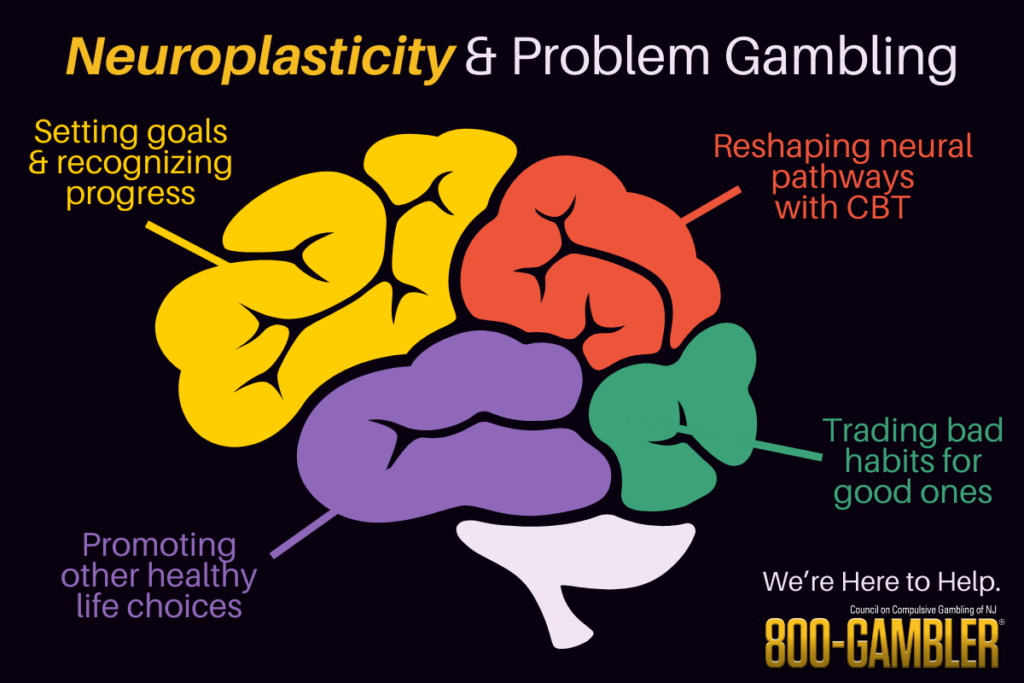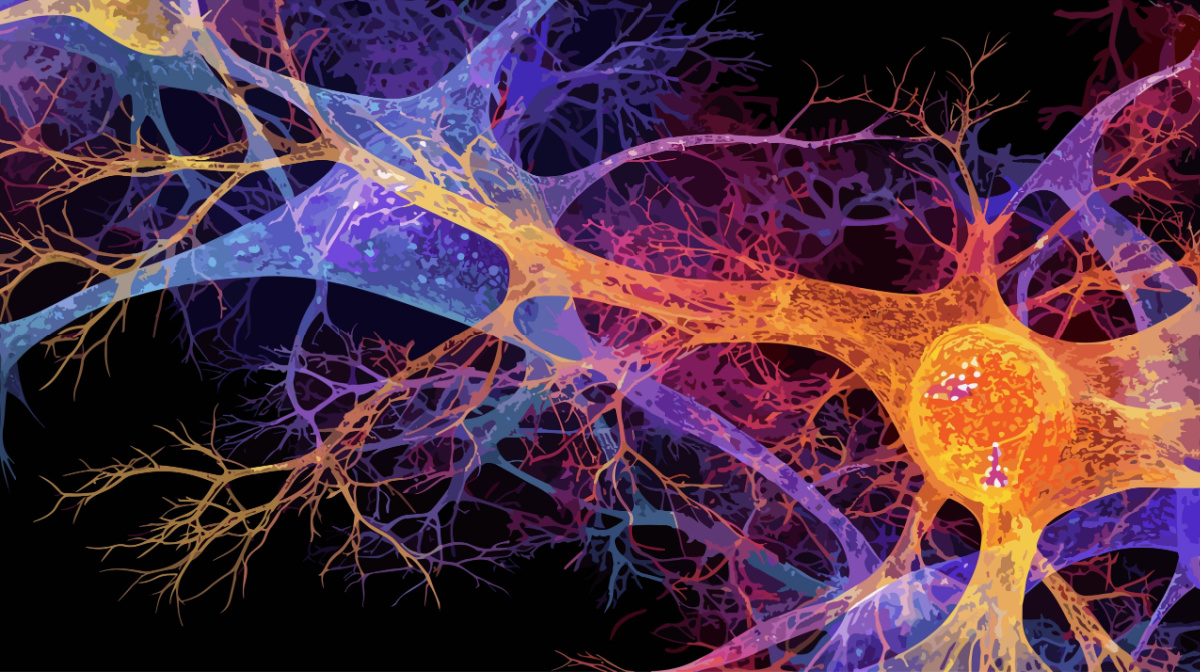The effects of problem gambling are profound, especially on the brain’s reward systems. When we delve into the neuroscience behind it, we find that engaging in gambling behavior triggers the release of dopamine, a neurotransmitter intrinsically linked with feelings of pleasure and reward. This dopamine release creates a powerful emotional high, a rush that can quickly lead to a cycle of repeated behavior in search of that same exhilarating feeling. The flashing lights of a slot machine, the adrenaline-pumping suspense of pro gambling on TV, or even casual chatter about a winning streak can become potent triggers, evoking a strong urge to gamble. For instance, here in New Jersey, gambling is increasingly becoming part of our everyday lives as sports betting continues to expand and grow as an industry.
However, it’s also important to remember that the human brain is not a static organ, nor are these habits etched in stone. Your brain is a dynamic and adaptable system capable of change and growth. Keep reading to learn more about these unique capabilities — and how neuroplasticity can change problem gambling recovery for the better.
What Is Neuroplasticity?
Over time, repeated engagement in gambling activities and the associated dopamine rush can have a profound impact on an individual’s decision-making abilities. As time goes on, your brain begins to associate gambling with reward, and this skewed perception can make it increasingly difficult to resist the pull of gambling-related cues. The choice to refrain from gambling becomes less about willpower and more about a deeply ingrained neural response.
This brings us to the concept of neuroplasticity, our brain’s remarkable ability to rewire itself and create new neural pathways. This inherent feature allows us to change our behaviors, thoughts, and emotions over the long term, which is why it can play such a vital role in recovery from problem gambling.
Neuroplasticity & Problem Gambling Treatment

One of the key aspects of neuroplasticity is its role in cognitive behavioral therapy (CBT), which is widely recognized as an effective treatment for gambling disorders. CBT aims to help individuals identify and change unhealthy thought patterns and behaviors related to gambling. By challenging negative beliefs and developing coping strategies, individuals can reshape their brains’ neural pathways, making it easier to resist the urge to gamble.
Another important aspect of neuroplasticity in problem gambling recovery is the concept of “unlearning.” In essence, this means breaking old habits and forming new ones. Through consistent effort and practice, individuals can weaken the neural pathways associated with gambling behavior and strengthen alternative pathways that support healthier choices.
Neuroplasticity also highlights the importance of a holistic approach to recovery. While therapy plays a crucial role, lifestyle changes such as regular exercise, healthy diet, and stress management can also contribute to brain health and recovery. These lifestyle changes can help create an environment conducive to neuroplasticity, allowing the brain to heal and adapt more effectively.
Neuroplasticity also reminds us that recovery from problem gambling is a gradual process that requires patience and perseverance. It’s important for individuals to set realistic goals and celebrate small victories along the way. By acknowledging and rewarding progress, individuals can reinforce positive changes in their brains and behavior.
Change Your Brain, Change Your Life!
Neuroplasticity offers a hopeful perspective on problem gambling recovery. By understanding and harnessing the brain’s ability to change, individuals can embark on a journey of healing and transformation. Through therapies like CBT, lifestyle changes, and a positive mindset, individuals can overcome problem gambling and build a brighter future for themselves.
If you or a loved one is struggling with a gambling problem, don’t hesitate to reach out to 800-GAMBLER today. Our toll-free and confidential helpline is open 24/7 to provide you with the resources you need to regain control of your life. Take the first step and reach out to us today — you’ll be glad you did!



